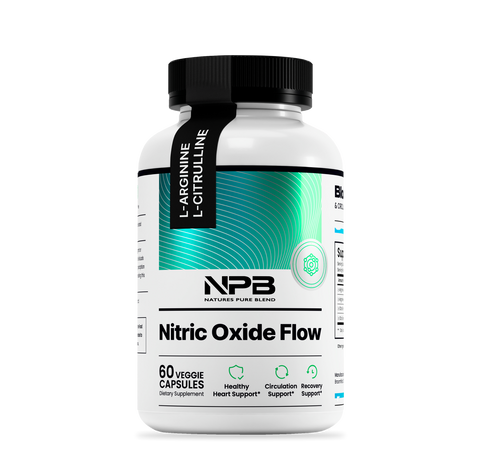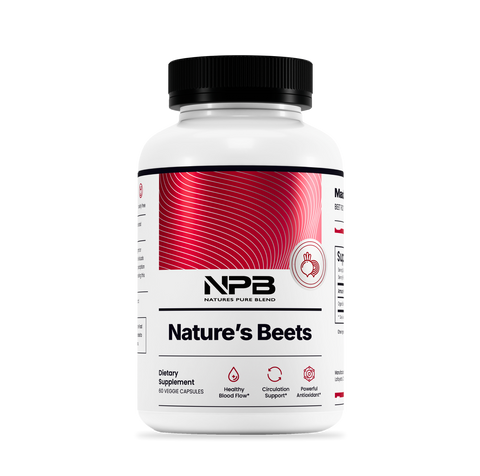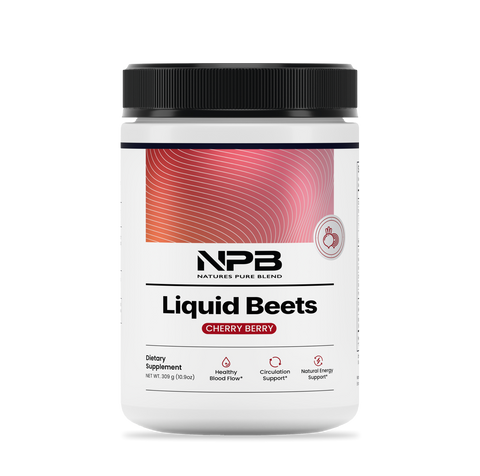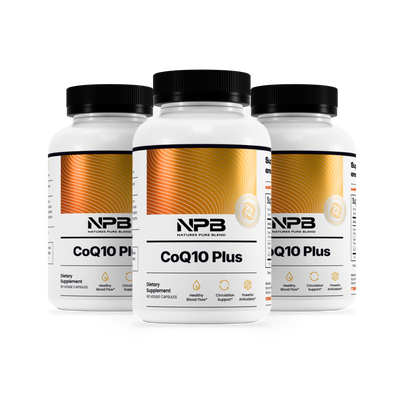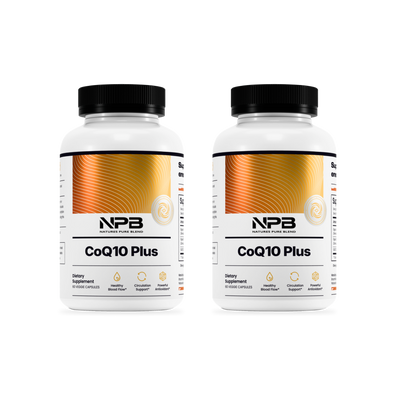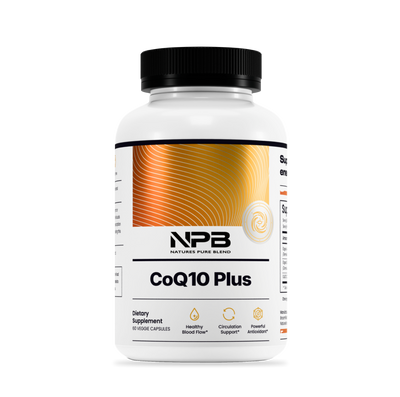6 Signs Your Cellular Energy May Be Low
Many people wake up feeling tired, foggy, or worn down—brushing it off as “just getting older” or blaming it on stress. But what if there’s a deeper reason?
Your energy isn’t just about how much sleep you get or how busy your day feels. True, lasting energy starts at the cellular level.
Inside every cell are mitochondria—tiny engines responsible for producing ATP (adenosine triphosphate), the fuel your body uses for everything from muscle movement to mental focus.
When ATP production drops, energy begins to crash from the inside out. At first, the signs can feel subtle. Over time, they often become persistent and harder to ignore.
Below are six common signs your cellular energy may be running low—signals your body uses to ask for more support.
1. Fatigue That Lingers All Day
Occasional tiredness is normal. But waking up exhausted, dragging through the afternoon, and still feeling wiped out by evening—even after a full night of sleep—suggests something deeper.
When cells can’t generate enough ATP, everyday tasks start to feel heavier. You may rely on caffeine just to function, skip activities you once enjoyed, or feel like rest never truly restores you. This kind of fatigue doesn’t resolve with sleep alone because the shortfall is happening inside your cells. [1]
2. Muscle Weakness or Loss of Strength
Your muscles depend on steady cellular energy to contract, recover, and adapt. When ATP production is low, even basic movement can feel more demanding than it should.
You might notice quicker fatigue, heavy limbs, slower recovery, or reduced strength. Over time, reduced activity combined with low energy can contribute to gradual muscle loss. [2], [3]
3. Brain Fog and Difficulty Concentrating
Your brain is one of the most energy-demanding organs in the body. When cellular energy falls short, mental clarity often goes with it.
Brain fog may show up as forgetfulness, trouble focusing, slower thinking, or difficulty following conversations. Tasks that once felt automatic may require more effort, and motivation can dip as mental energy fades. [4], [5]
4. Weakened Immune Defense
Every immune response requires energy. Immune cells rely on ATP to identify threats, communicate, and respond effectively.
When mitochondrial function is compromised, immune cells may become less responsive, entering a low-activity state. Over time, this can make it harder to fight off illness and slow recovery after stress or infection. [6]
5. Circulation Issues
Healthy circulation delivers oxygen and nutrients needed for ATP production. When blood flow is impaired, cellular energy production can suffer—especially in muscles and extremities.
Cold hands or feet, numbness, or tingling may signal reduced blood flow. When circulation drops, cells receive less oxygen, slowing their ability to generate energy efficiently. [7]
6. Poor Stress Tolerance and Low Resilience
Managing stress requires energy. When cellular fuel is low, even small stressors can feel overwhelming.
You may feel more irritable, emotionally drained, or less resilient than usual. Over time, this creates a feedback loop—stress drains energy, and low energy reduces your ability to handle stress effectively. [8]
Conclusion
Your body communicates constantly, and low cellular energy is one of its most important signals.
What starts as mild fatigue or occasional brain fog can build when left unaddressed. Paying attention early gives you the opportunity to support your cells before those signals become louder.
Nutrition, hydration, movement, and rest all influence cellular energy, but awareness is the first step. Recognizing these signs helps you understand what your body may be asking for.
If several of these signs feel familiar, it may be time to focus on supporting your cellular fuel—helping you feel steadier, sharper, and more resilient day to day.
